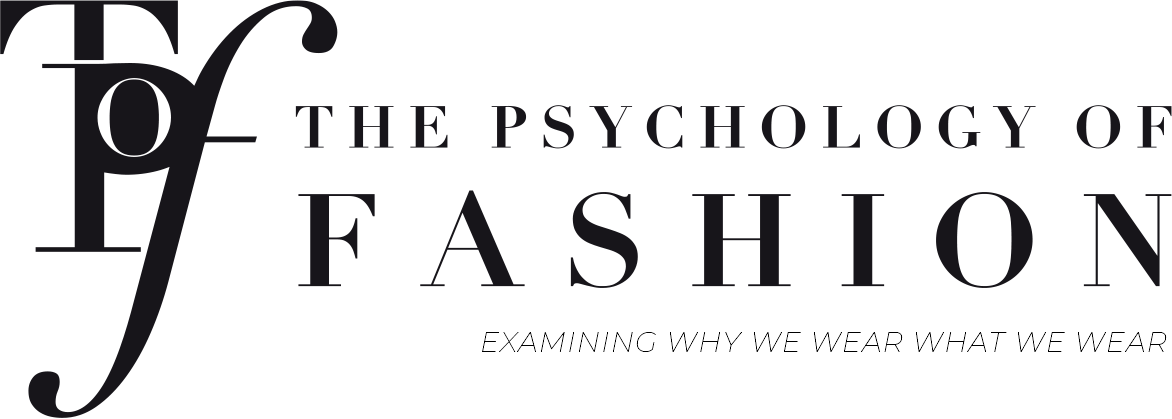As a fashion psychologist, I have become increasingly suspicious of trends. Looking to create a body of work around why we inherently like what we like assumes there are some constants. A disdain for floral print. Excitement around a fluted sleeve. Loyalty to navy blazers. Contempt for tweed. In fact, I have gone as far to think that trends (the kind that fluctuate twice a year, not the ones that define a decade) are basically a marketing ploy.
I first started to question my stance when I was reminded of our general celebration of seasonality. I first moved into my apartment in the spring, and had bought a pale beige table runner, white marble coasters, and various table accoutrements that had a beach-house feel. I even had a few carefully selected shells I had brought back from a Hawaiian vacation strewn about. Come October, as I was sitting at my table writing an article, it all felt very wrong. I felt a strangely powerful need to pack it all away and start from scratch in order to create a whole new tablescape (deep red, gold, and very autumn/winter). One only has to look to Instagram to see how much we enjoy celebrating the changing of seasons. Everyone from models and stylists to high school friends and your mother is posting pumpkins and foliage.
More importantly, our tastes and use of fashion evolve as we evolve. Yes there are constants - I still can't stomach floral prints - but I notice that I am using fashion less to communicate as I grow older. I feel confident in who I am, therefore, I have to prove less to others. You see this in the fashion industry with interns. At interviews, they always arrived extremely styled. They want to say, "see? I get fashion!". More senior and well-established fashion professionals often arrive in a sweater and jeans. They know you know they know fashion.
We also collectively evolve, and that is where the more powerful era-defining trends come in. The bohemia of the seventies, or the minimalism of the nineties. These trends are reactions to more widespread forces at play, and represent a set of values, a movement.
Will your Clare Waight Keller-created Chloé Drew Bag look dated now that Natacha Ramsay-Levi's metallic double-chain version (above) has debuted on the runway? Most likely. And this commercially dictated pace, and the subtext of always being able to afford the latest, is what gives trends a somewhat muddy name in my books.

